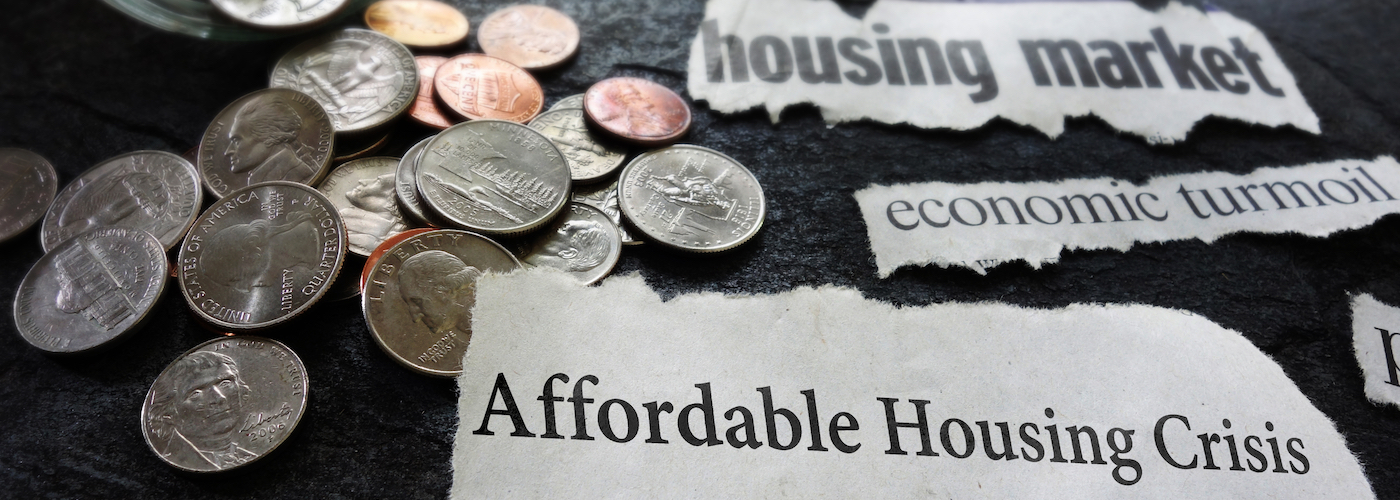crisis
3 Lessons to Learn from the 2008 Housing Crisis

In 2006, American banks started lending a lot of mortgages to buyers who could not afford them.
Thousands of buyers flocked to these banks and purchased their dream homes. Real estate prices skyrocketed.
The housing market looked great. House-flippers bought tons of houses with plans to resell them later.
Because housing prices increased, banks had to give out bigger mortgages.
Then homeowners realized their houses were worth a lot. So they took out home equity loans. This put greater financial burdens on banks.
Then an avalanche of non-payments hit these banks.
Thousands of homeowners couldn’t pay their mortgages and banks foreclosed their homes.
Big banks spent a lot, but no money was coming in.
Lehman Brothers filed for bankruptcy in 2008. Other institutions almost collapsed as well. The insurance giant AIG would have failed if the U.S. didn’t bail them out.
Then American consumers lost tons of money, so they lowered their spending. Company profits greatly declined.
On September 29, 2008, the Dow Jones Industrial Average dropped 777.78 points. At the time, it was the largest single-day drop in history.
Unemployment spiked to 10% in 2009. The U.S. – and most of the world – entered into a recession.
As we reflect on this history, investors should learn 3 important lessons:
1. Don’t take out a loan you can’t repay
Debt gives us the ability to own things we normally couldn’t – houses, cars, college degrees, businesses.
Nevertheless, going into debt is a big decision. It can have decades-long consequences. Especially when it comes to mortgages.
Banks shouldn’t give out subprime mortgages. Or at least they should give them out sparingly.
Subprime mortgages are given to buyers with bad credit scores. They typically have higher interest rates.
However, banks are not solely guilty in this matter. A buyer should always research and analyze their own financial decisions.
If you’re working a minimum wage job, buying a 500,000 home isn’t the wisest decision.
Before taking on big debt, consider whether you can handle this financial burden.
People do lose jobs. Interest rates do change. Markets do fluctuate.
The two keys here are to research and practice self-control.
2. Be careful of fast-rising markets
Before the house bubble burst, buying and selling real estate was a sensation.
Many predicted the market would only go up. They forgot that markets can – and eventually do – go down.
When investments are popular it creates a rise in prices. This can be dangerous once popularity wears off.
Imagine your investor friends saying, “You’re an idiot if you don’t get in on real estate!” in 2007.
But resist the temptation to decide immediately. Take the time to research and consider whether the market will continue to rise.
Sometimes consumers go through ‘phases’ when buying. The market jumps up for a moment but falls permanently.
Generally speaking, be cautious of short-term investments with high returns. It usually means they are risky investments.
They look appealing since they offer high returns, but don’t always deliver on their promises.
There may be a time and place to invest in them but do so with research and self-discipline.
3. Big institutions can fail
Big banks and big governments can make bad financial decisions and collapse.
Shortly after the U.S. housing bubble popped, the sovereign debt crisis hit Europe. Particularly in Greece and Ireland.
This led to more bailouts and unemployment. Economic growth slowed. In Greece, some rioted over austerity measures.
Just because a bank or government is large doesn’t mean they are stable.
When selecting a bank, first see if it is FDIC insured. Remember this only insures up to $250,000.
Then research the bank’s ratings. Websites like Bankrate.com analyze banks.
This is why many investors and financial advisors recommend diversifying investments.
If you have $500,000 it may be worth to split the money into two banks. This way it’s fully insured.
Plus if one bank fails, you have another to fall back on.
Some argue the best banks to invest in are the ‘too big to fail’ banks. Because they’re so important, governments will bail them out in times of need.
I understand the theory, but I wouldn’t bet all my money on it.
What lessons do you take away from the 2008 U.S. housing crisis?



